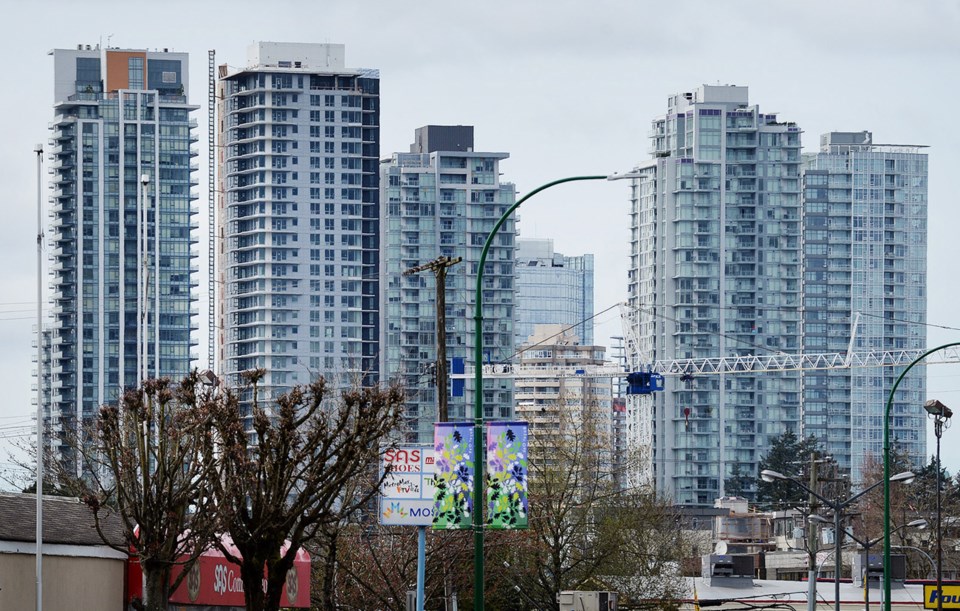Condo owners may have to sue their strata corporations to make sure their building is properly maintained and not a water leak hazard that will cost them more in insurance premiums.
Sean Walker, a townhouse owner who is also an insurance broker, admits taking a strata to court would be a last-ditch effort to get buildings back into good shape but he said the strategy was used during the leaky condo crisis and might be necessary to deal with the current insurance situation.
“It’s going to take an upgrade to the strata property, and legislative reform to get them to do work, or judicial action where the owners take the strata to court to force them do some work,” said Sean Walker, who said he sympathizes with cash-strapped condo owners even as he tries to find insurance policies for them.
And while he expects legislation is coming to cap hikes to insurance premiums or force insurers to maintain condo coverage, some of the heavy lifting to resolve the current insurance crisis will have to come from owners and stratas in taking steps to prevent claims.
Walker’s comments come as B.C.’s financial watchdog is calling the condo insurance market “unhealthy.”
The BC Financial Service Authority released a report this week that found premiums have risen by approximately 40% across the province on a year-over-year basis, with deductibles experiencing up to triple-digit increases over the same period.
But finding a solution to the complex problem will take time and some creativity, according to the authority.
While not recommending any specific government fix, the authority’s vice president Frank Chong said the government agency will continue to consult with insurance providers, condo associations and others for a final report to be issued this fall.
“The underlying factors contributing to BC’s unhealthy strata insurance market are complex and do not present easy solutions,” he stated in a press release. “Everyone involved in the market has a role to play to balance availability and affordability of insurance going forward.”
The analysis of skyrocketing premiums and deductibles won’t come as a surprise to Tri-City condo owners, many of whom will be paying more to insure their buildings, and in some cases, struggling to get coverage.
In at least one case, a Coquitlam strata condo nearly missed a deadline for buying insurance because it took so long to obtain all the quotes necessary for a full insurance policy.
The BCFSA intends to look further into the need for multiple quotes to cover a building.
The industry data obtained by BCFSA found examples of this practice contributing to some of the year-over-year premium increases.
However, Walker said without multiple insurance companies sharing the risk exposure, some buildings with a significant claims history wouldn’t get coverage.
In one case, a 15-year-old building in Burnaby struggled to get 100% coverage because it had multiple claims for water damage and was considered a high risk. To complete the quote, several insurers shared the policy.
“The riskier buildings are generally the ones needing multiple insurers involved.”
As for government solutions, Walker said capping insurance premiums could provide short-term relief, but would inevitably result in more insurers leaving the market, something he said happens in provinces that forced private auto insurers to cut premiums.
“We’ve seen this in other segments of the market, places — the provinces with auto — provinces have continually mandated decreases in premiums, it doesn’t end up benefitting the consumer for very long, it’s just not economically viable, if you are paying out a million dollars in claims we need to be able to bring in a million dollars in premiums,” he said.



